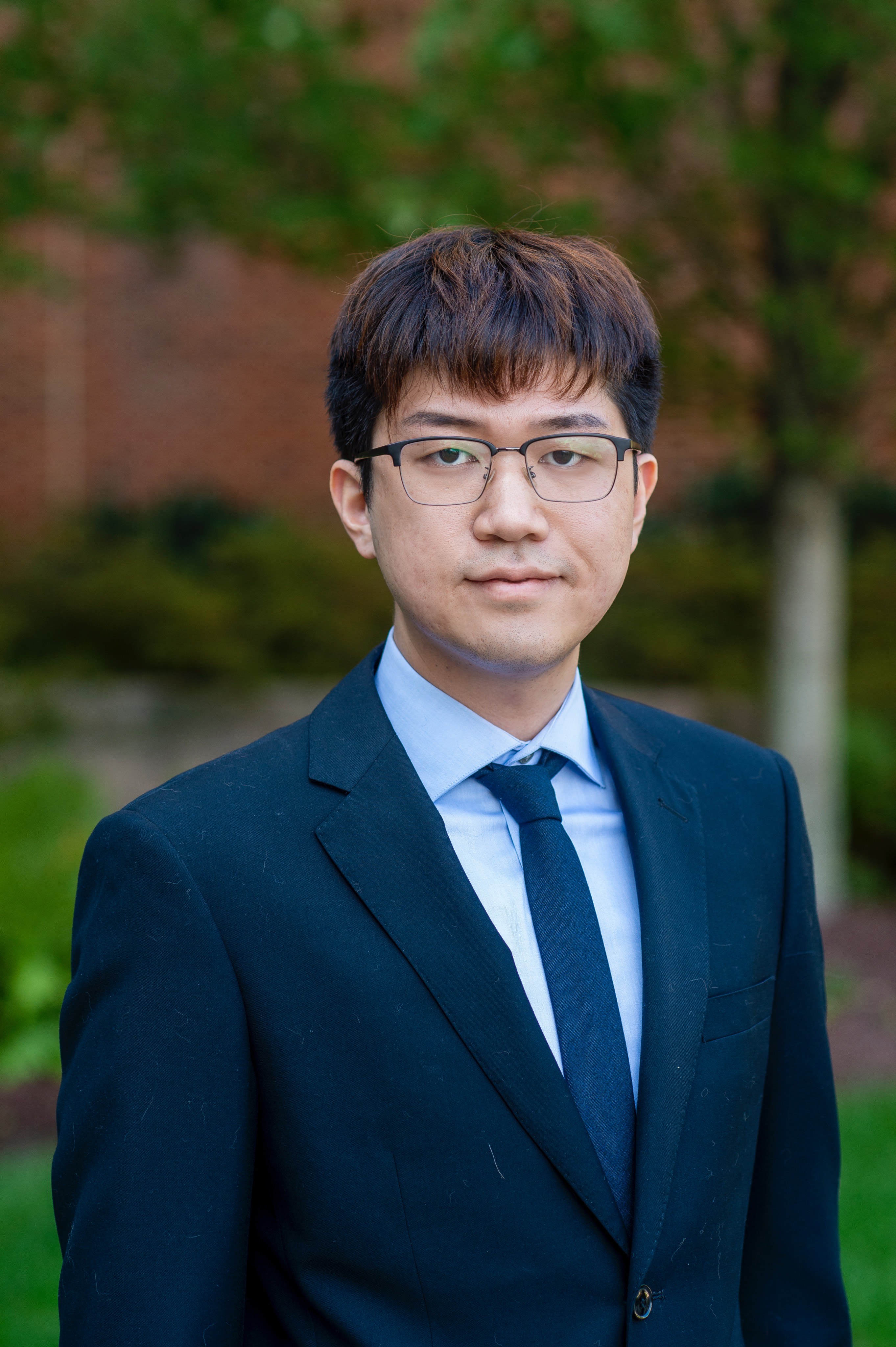Wankowicz Lab Members

Stephanie Wankowicz, Ph.D.
she/her/hers
Principal Investigator
Stephanie @ wankowiczlab.com
https://stephaniewankowicz.github.io/
 0000-0002-4225-7459
0000-0002-4225-7459  stephanie-mullane-wankowicz-2657a726
stephanie-mullane-wankowicz-2657a726  Stephanie's Citations
Stephanie's Citations  @stephanie_mul
@stephanie_mul  stephaniewankowicz
stephaniewankowicz Stephanie earned her bachelor’s degree in Biochemistry and Molecular Biology from the University of Massachusetts, Amherst, where she researched the economics of the Clean Water Act under Dr. Paul Kolkoswki. After graduating, she worked as a Data Specialist at Dana-Farber Cancer Institute in the Lank Center for Genitourinary Oncology, managing the Bladder Cancer Translational Research Center under Joaquim Bellmunt. During this time, she performed clinical and translational research, being the first to identify the relationship between the expression of PD-L1, an immune checkpoint marker, and overall survival in metastatic bladder cancer, helping to pave the way for using immunotherapy in bladder cancer.
Subsequently, Stephanie worked as a computational biologist at the Dana-Farber Cancer Institute and the Broad Institute of MIT and Harvard, working in Eli Van Allen’s lab. There, she developed algorithms utilizing high-throughput genomics data to assess responses to oncology treatments and survival. She led the largest study of prostate cancer exomes, identifying new genes and pathways commonly mutated in prostate cancer. Additionally, she helped identify genetic biomarkers for immunotherapy, targeted therapy, and chemotherapy.
In 2018, Stephanie began her graduate career in the Biophysics program at UCSF, working in James Fraser’s lab. She developed computational tools to automatically construct conformational ensembles from X-ray crystallography and cryo-EM data, extracting low-populated but biologically important states of macromolecules. Leveraging structural bioinformatics, she uncovered the spatial redistribution of entropy in ligand binding. Her graduate studies were supported by fellowships from NSF, UCSF Discovery Fellows Program, and the UCSF Antiviral Drug Discovery Program. Her work has been recognized through many awards, including D.E. Shaw Computational Chemistry Fellowship, Intersections Science Fellowship, UCSF Mentorship Award, and Penn Rising Stars in Biophysics and Biochemistry.
In 2024, Stephanie opened her lab at Vanderbilt University in the Molecular Physiology and Biophysics Department, Center for AI in Protein Dynamics, and Center for Structural Biology. Learn more about our current research here.
Stephanie is deeply committed to making science a welcoming place. At UCSF, she initiated a mentorship program for the Biophysics program at UCSF and co-founded a DEIJ Journal Club in the Fraser lab.
Outside of the lab, you are most likely to find Stephanie running on the road or trail!
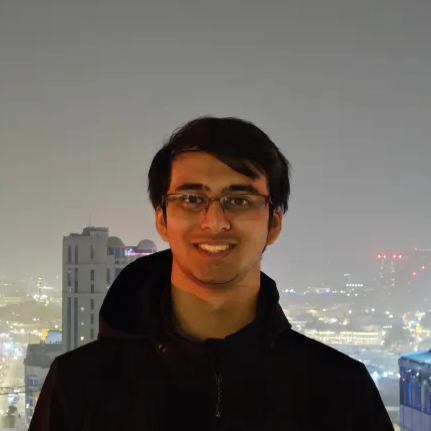
Ahmed Aslam
he/him
Undergraduate Researcher
Ahmed is an undergraduate pre-medical student at Vanderbilt University double majoring in Biochemistry and Computer Science. He is determined to integrate his passion for medicine and computer science to uncover the underlying mechanisms driving health from a biophysical perspective. He is particularly interested in how microscopic variations in molecular structures can have major effects on cellular and viral processes. Using advanced computational approaches, Ahmed aims to understand more about the processes that sustain life and apply his research toward transformative solutions in healthcare.
When he’s not in the lab, you can find him enjoying good weather, playing Spikeball, or playing video games.

Carol Li
she/her
Undergraduate Researcher
Carol is an undergraduate student at Vanderbilt University, double majoring in Neuroscience and Computer Science. She has a strong interest in computational modeling for structural biology and envisions applying neuroscience-inspired techniques to enhance and understand AI models.
When she’s not working, you can find her dancing or trying out every sport under the sun!

Charlotte Miller
she/her
Research Assistant
Charlotte recently graduated from the Georgia Institute of Technology with her B.S. in Chemistry. There, she was a student researcher in the Lieberman lab, where she discovered her passion for structural biology and biophysics. Her previous work attempted to structurally characterize and predict pathogenicity for variants of the glaucoma-related protein myocilin, using techniques such as protein extraction, protein purification, and x-ray crystallography.
Outside of the lab, she enjoys spending time outdoors, swimming, and baking.
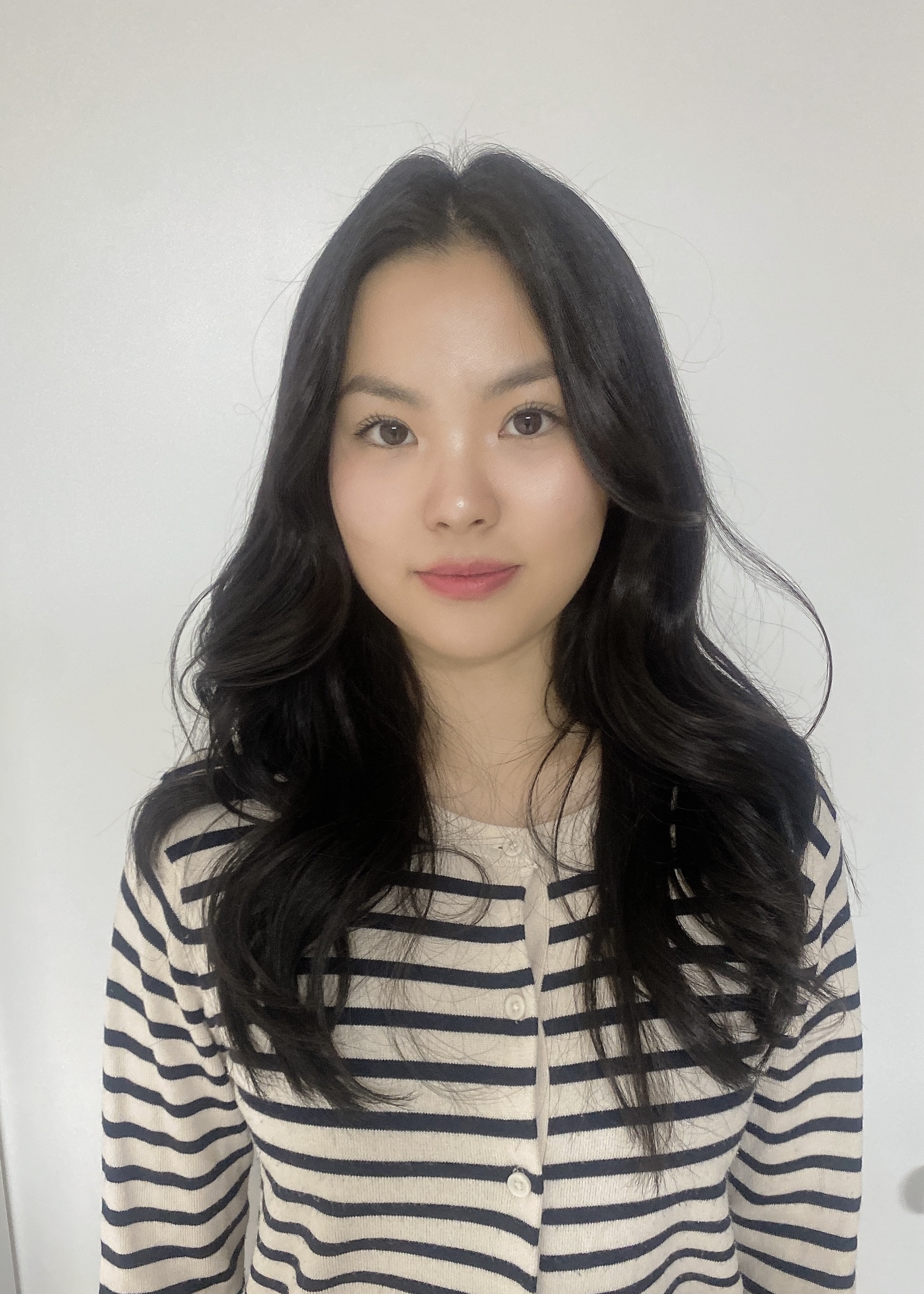
Ella Seo
she/her
Undergraduate Researcher
Ella is an undergraduate student at Vanderbilt University with a strong interest in biophysics. She is passionate about understanding cellular processes from a physical, quantitative perspective and exploring how this foundational research can ultimately lead to practical applications in human health and medicine.
When she’s not working in the lab or central library, she is likely to be found practicing ballet or going for long walks.
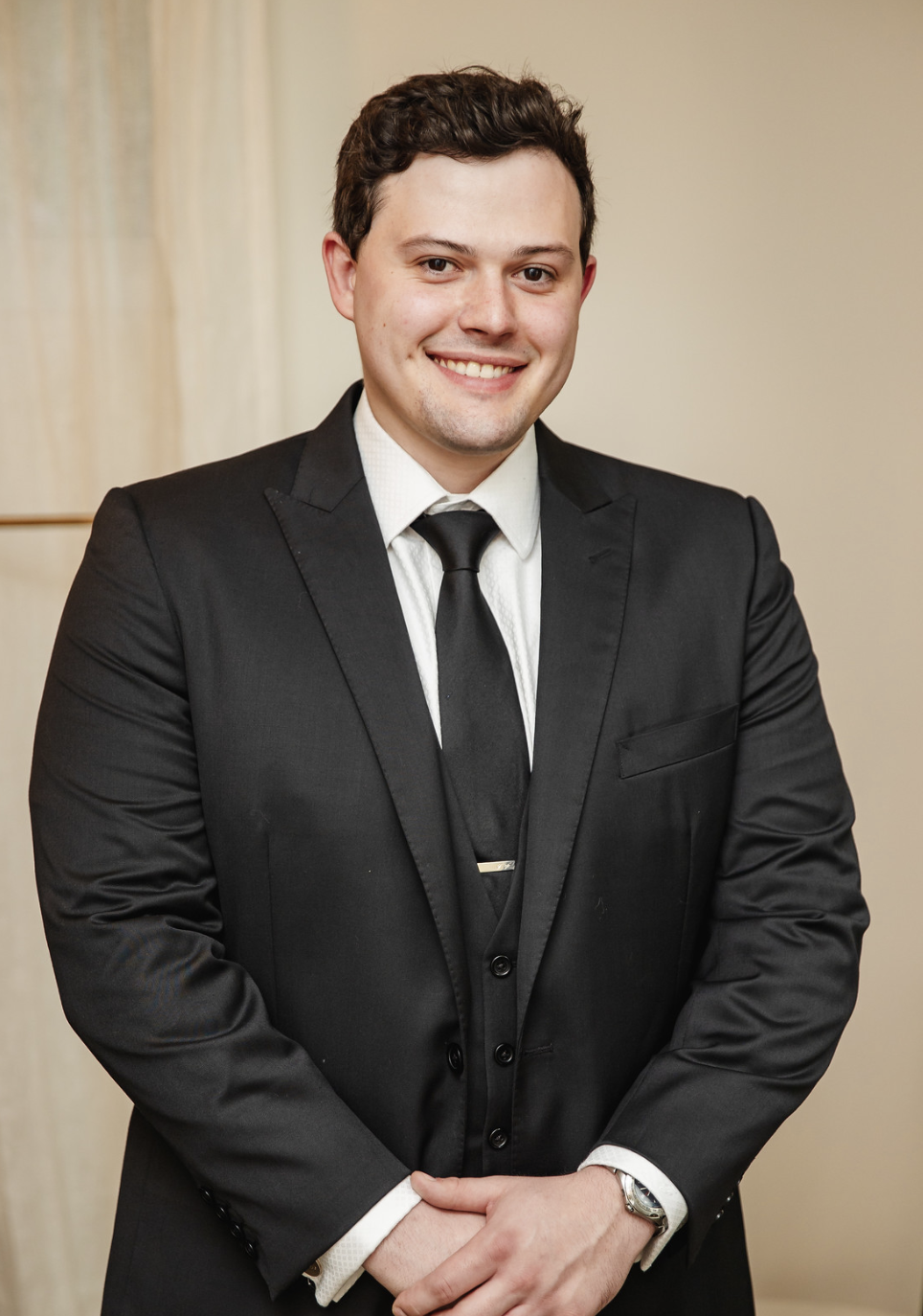
Ian Farran
he/him
Research Technician
Ian holds a B.S. in Biochemistry and Molecular Biology from the University of California, Davis. With extensive industry experience, he has worked across biotech, adhesives, and molecular research, specializing in protein characterization, assay development, and process optimization. Most recently, at The Every Company, Ian developed HPLC methods, created Python tools to optimize fermentation processes, and implemented assays across multiple sites. He also conducted research under Dr. Marie Heffern, contributing to a ChemBioChem publication on the structural effects of metals on C-Peptide.
When he’s not in the lab, Ian enjoys pursuing hobbies such as blacksmithing and archery.
Mingbin obtained a doctoral degree in chemistry from University of Maryland, College Park in 2022. Under the supervision of Prof. Osvaldo Gutierrez, he used density functional theory (DFT) to unravel the mechanism of organic radical transformations and homogeneous organometallic catalysis (e.g., photoredox/nickel dual catalysis and Fe-catalyzed multicomponent cross-coupling reactions). Theory-guided design was performed with the computed results and collaboration with the experimental team. From 2022 to 2025, Mingbin joined the Theoretical Division of Los Alamos National Laboratory as a postdoctoral research associate. Working with Dr. Ping Yang and Dr. Enrique Batista, he used DFT to study the structural, electronic and spectroscopic properties of f-element systems. He was also involved in the development of semi-empirical method (i.e., density functional tight binding, DFTB) for f-element systems, with the goal of simulating systems with larger size and longer timescale. High-throughput computation workflow was built, allowing for efficient data management, analysis, and visualization. Machine learning methods (e.g., delta learning) was used to promote the accuracy of the trained parameters. With the expertise of physics-based simulations and data-driven methods, he is dedicated to the application of both approaches to solving challenges in computational biology and biophysics.
Outside the lab, you could find him chilling with his cats.

Olivia Chen
she/her
Undergraduate Researcher
Olivia Chen is an undergraduate Chemistry major at Vanderbilt University. During a summer internship at the Chinese Academy of Science, she refined molecular techniques like DNA extraction and antibody treatments for citrus diseases, raising her interest in microbiology. In her freshman year, she furthered her experience at the University of California, Irvine, under Dr. Seiler, focusing on regenerative medicine and acquiring skills in rat care, perfusion, and H&E staining. Currently passionate about biochemistry and biophysics, Olivia is dedicated to exploring protein dynamics and contributing to the drug industry.
Outside the lab, Olivia enjoys rock climbing and photography!
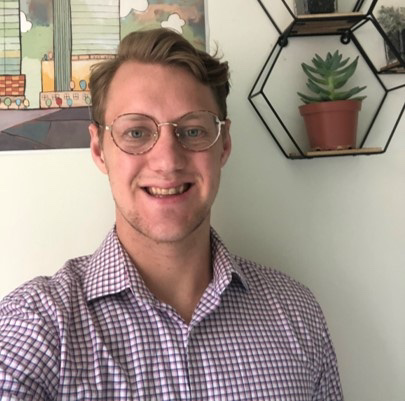
Tonnar Castellano
he/him
Graduate Student
Tonnar Castellano is a graduate student in the Chemical and Physical Biology Program. He began his research career in the field of Alzheimer’s disease, where his exposure to the critical role of amyloid proteins sparked a deep interest in protein science. His current work focuses on leveraging deep learning to integrate experimental data for the investigation of conformational heterogeneity in proteins.
Outside of the lab, Tonnar enjoys running, playing video games, and disc golf.
Vratin has an undergraduate degree in Chemical Engineering and holds a Master’s degree in Computational Biology from Carnegie Mellon University, where he conducted research under Dr. David Koes. Vratin’s previous work focused on leveraging machine learning to improve protein binding pocket representation and dataset curation. He’s particularly passionate about applying data-driven methods to challenges in structural biology and biophysics.
When Vratin’s not laboring over bugs, you can find him playing the guitar or wandering about museums.
